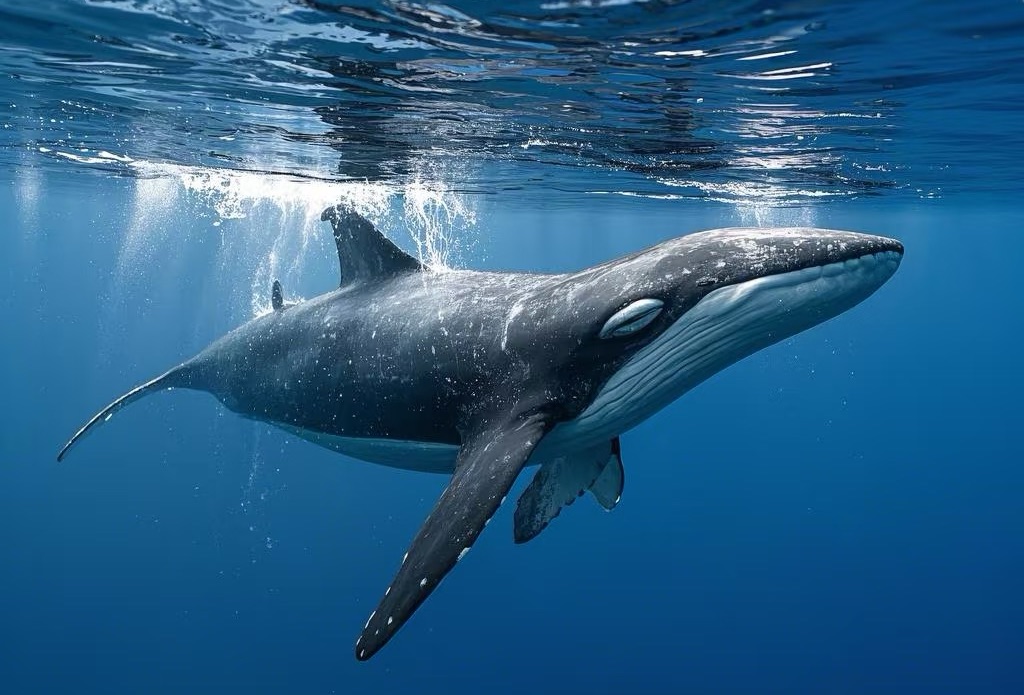Research released in March by Stanford University shows that blue whales ingest about 10 million microplastics a day through their krill diets, and sperm whales, which have the highest concentration of microplastics in their bodies, are at risk of immune system damage from feeding on deep-sea cephalopods. According to another study, microplastics can reduce the photosynthesis rate of terrestrial plants and marine algae by 7.05-12.12 percent, resulting in a reduction in crop yields of 110 million to 360 million tons per year, and a reduction in seafood yields of 1.05 million to 24.33 million tons.

Leave a Reply